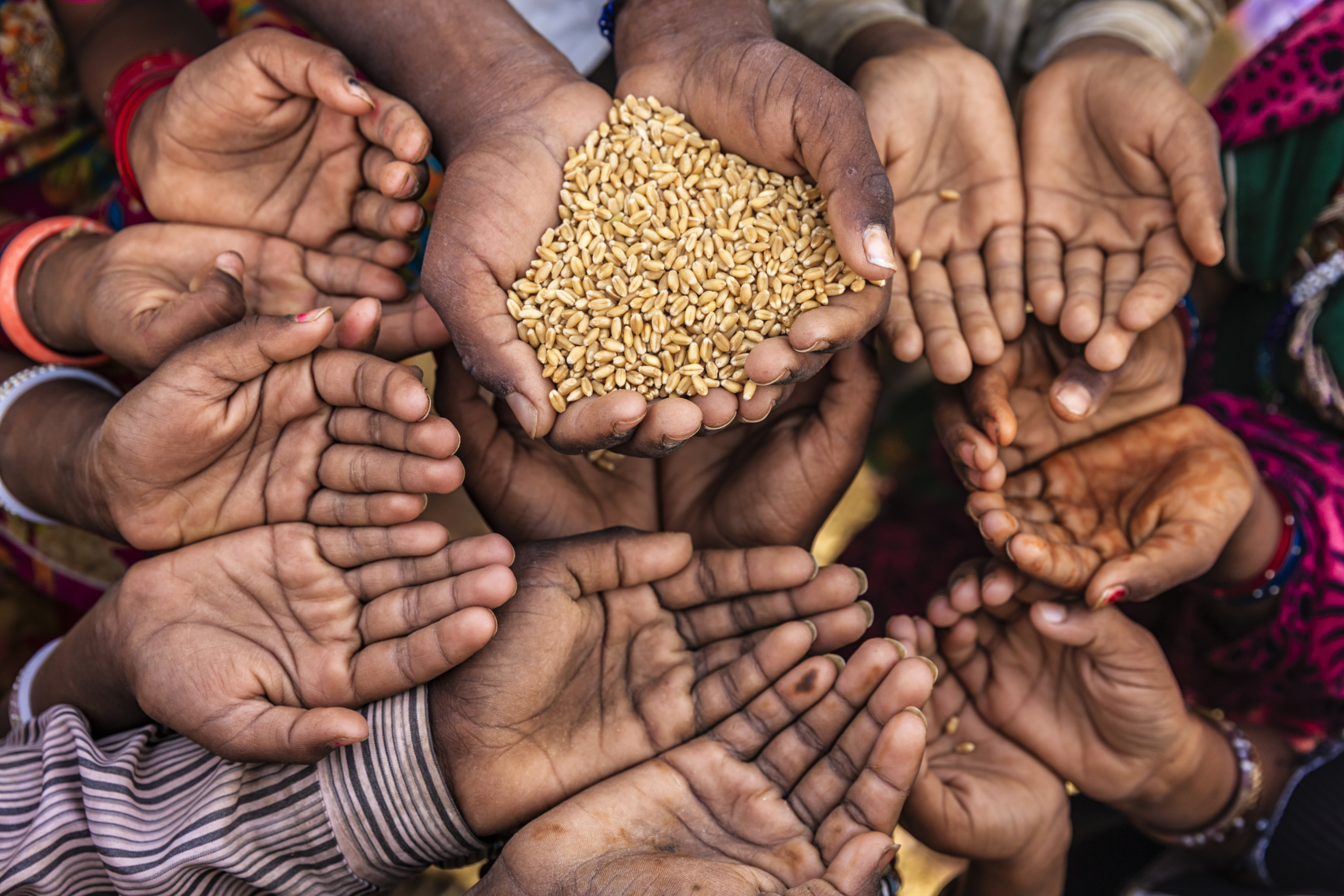New Food for Progress Funding Reflects Food Aid Benefits
By Elizabeth Westendorf, USW Policy Specialist
Last week, USDA announced Food for Progress funding allocations for fiscal year 2016. A total of $153.2 million in funding will go to projects in eight countries that USDA estimates will reach over 3.8 million beneficiaries.
Half of the countries on the list (Burkina Faso, Ethiopia, Malawi, and Mozambique) are in Africa, where this Food for Progress funding will not only enable development projects in these countries, but will also raise money for those projects by providing U.S. commodities for sale in the local markets. All four of these countries are experiencing severe droughts that have hurt domestic food production. The monetized commodities through Food for Progress supplement locally produced food supplies that are currently not sufficient to fully meet their populations’ needs. They also provide economic stimulus to encourage continued development that can lead to more resilience in future food crises.
Studies show a strong positive correlation between food insecurity and political instability. When it seems like instability around the world is rising and there are more crises demanding U.S. foreign assistance, these food aid programs are more important than ever.
The United States is the largest provider of food aid worldwide. USAID funding has evolved to include new methods of reaching those in need, but U.S. wheat farmers believe traditional in-kind food aid will always have a place in both emergency and developmental humanitarian aid programs. New emergency aid tools like local and regional procurement and cash vouchers supplement the foundational aid tool of in-kind food aid.
USW is committed to supporting programs that help feed food-insecure people. In a world with political uncertainty and increasingly volatile climate conditions, U.S. wheat farmers are proud that their product is going to benefit food-insecure populations through USDA and USAID emergency and developmental aid.


